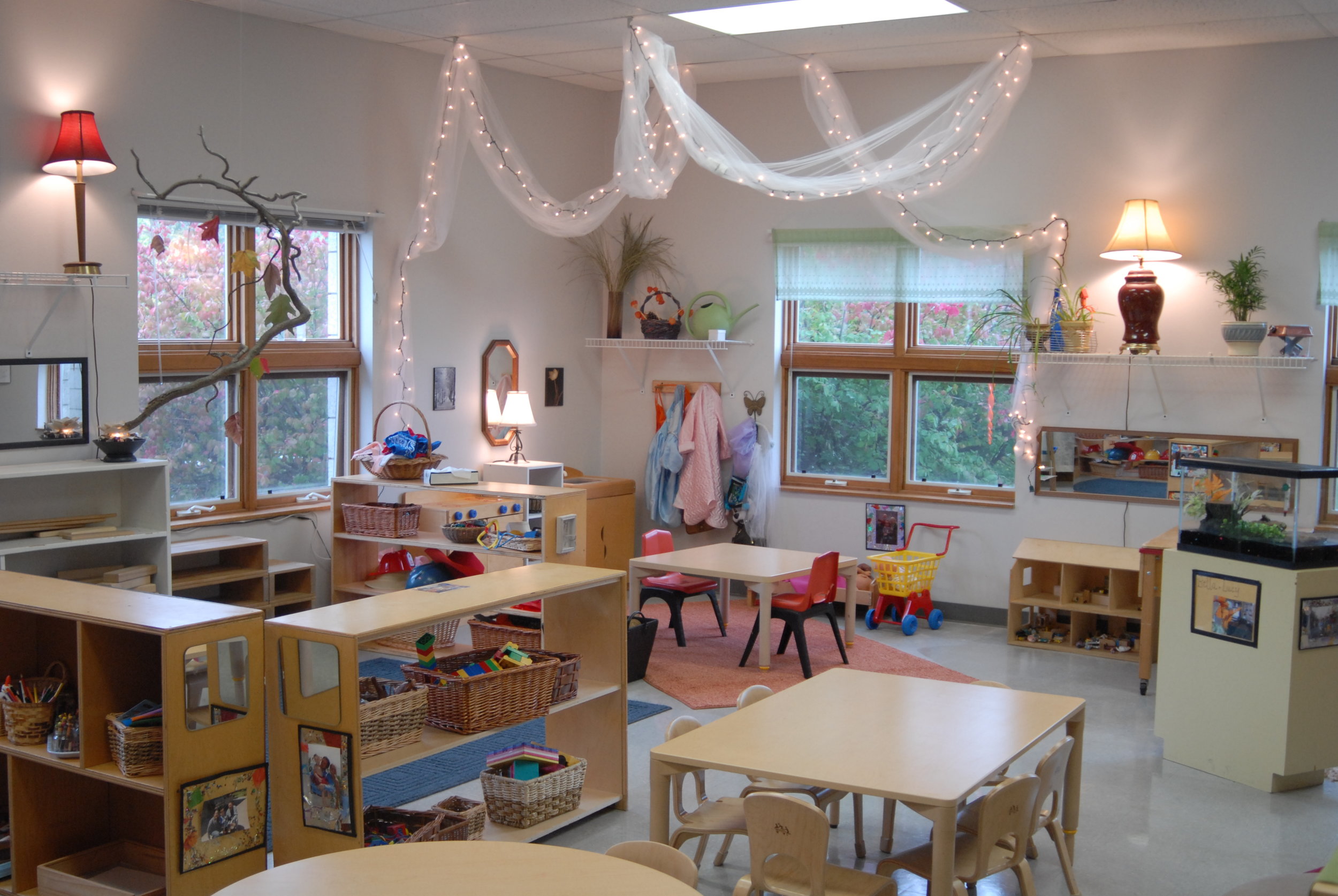Why come
This workshop explores the pivotal role of the environment in young children’s learning. Research informs us that young children primarily learn through their interactions with the social and physical world. A learning environment that supports and extends young children’s curiosity will promote learning in all developmental areas. Open-ended materials and spaces, both inside and outside need to be carefully considered and prepared for children’s investigations and learning. The workshop will also explore the use of ‘loose parts’ and how these enhance creativity and opportunities for symbolic representation and expression. This workshop is limited to 25 participants so make sure to register early!
Registration
Maximum number of participants: 25
Individuals:
Early-bird: $450 (register before 31 January 2019)
Standard: $500
Group rate:
One FREE registration for every five delegates registered.
Event details
Who is it for
Early years coordinators and teachers.
What will I take away
By the end of this workshop participants will:
Reach a deeper understanding of current child development theory and consider implications for their practice.
Broaden understanding of the way children construct meaning, generate and adapt their theories and how educators can support these investigations through materials, experiences and symbolic exploration and expression.
Deepen understanding of how to establish ‘easy access to a range of open-ended materials’ to enhance young children’s sense of agency.
Reconnect with the importance of dramatic way and learn new ways to construct play areas with children.
Schedule
Day one: 3rd May 2019
9:00 – 11:00
Building from the known / Establishing a community of learners
Ice Breaker
Prior knowledge and questions
Building affordances with loose parts
11:30 – 13:00
Role of the environment in young children’s learning
Theories about young children’s development and play
The role of the environment in learning
14:00 – 15:30
Responsive spaces that support play, curiosity and investigation
Outdoor and indoor spaces that support inquiry-based learning
Materials that children can act on; supporting the development of creative and critical thinking skills
Role of symbolic representation – using materials to express and construct meaning
Day two: 4th May 2019
9:00 – 11:00 A deeper look at the role of dramatic play
Role of dramatic play in young children’s learning: language development, social skills, symbolic competence and executive function skills
Dramatic play areas –planning and creating engaging play spaces for and with children
11:30 – 13:00
The power of loose parts
Benefits of loose part play (both inside and outside)
Loose part play and creative thinking
14:00 – 15:30
A cycle of observation, documentation, interpretation and planning for learning spaces/Reflection
Adapting spaces/ materials in response to children’s investigations and theories
Reflection, considering ways to incorporate new learning
Featured speaker
Anne van Dam
Author, Speaker
Early years education has been Anne’s passion for more than 25 years. She has worked in schools in the Netherlands, China, Singapore and Switzerland as a teacher, PYP coordinator and principal. As a PYP visiting team member and workshop leader, she tremendously enjoys supporting teachers with the implementation of the IB PYP framework. Her beliefs about learning are centred around relationships, play, learning spaces (both inside and outside) and on making teaching and learning visible to others.
Anne moved back to the Netherlands in 2015. This has given her the opportunity to work with the PYP development team at the IB regional office in The Hague. Anne has been working on the PYP review focusing on student agency, early years, inquiry and the several aspects of ‘the learning community’. She still works as an IB workshop leader and workshop developer and collaborates with international schools as an independent educational consultant.


